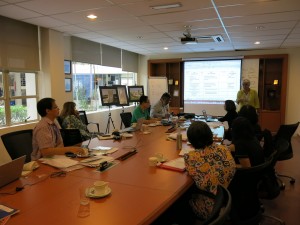
Debating the curriculum
Context is all-important when designing and developing any curriculum but more so in respect of social work programmes because of the interpersonal, social and cultural aspects of the work. However, isomorphic global trends in higher education in general and social work in particular make comparisons and sharing ideas useful, even when we acknowledge that social work as a discipline and practice differs from nation to nation across the world. We were able to offer some insights and reflections following recent UK experiences as a way of highlighting some of the pitfalls that might arise and could be best avoided. We followed this by exploring possible ways forward for academic social work including publication strategies and internationalising the curriculum and departmental outlooks for those universities offering social work. This will be continued in discussion later in March 2014.
Learning by experience & ways forward:
There are, we believe, a number of key aspects of learning that Malaysian social workers and social work academics may wish to reflect on in the exciting times ahead as the Social Work Acts get closer to endorsement and implementation in Malaysia. These are:
• The need to reflect critically on moves towards professionalization, regulation and registration; recognising and identifying exactly what these moves are intended to achieve and not accepting uncritically that they will automatically produce better social work services.
• Developing appropriate ways to ensure that numbers of social workers employed in social work posts increase and, whilst paying attention to retaining those social care workers who may not be able to qualify at the desired level and protecting their career interests, not diluting the core principles underpinning reform.
• Speaking with one voice for social work, including Government departments, professional bodies, NGOs, practitioners and academics to ensure that unwelcome political interference is resisted. This may require developing a critically reflective stance and, at times, resistance to official pronouncements.
• Developing a robust research base for the profession that speaks with authority and evidence. Research that is about, for and with social work and social workers.
• Learning from the mistakes of other countries, e.g. England’s recent official approach to professionalization, as well as from their successes, whilst ensuring that all developments are appropriately contextualised and address the needs of all peoples in Malaysia.
• Internationalising social work education to be able to assess the worth of other models, to understand other approaches and to enhance confidence in bespoke Malaysian approaches where they work well and to adapt them when they do not.
A core element of learning that UK, and especially English, social work academics and practitioners need to undertake is to reflect on the core principles that are demonstrated elsewhere in the world; principles that are, in fact, illustrated by the commitment, energy and ‘can-do’ attitude we have seen from Malaysian social workers, NGOs, professional bodies and academics. In a recent note we sent to our UK Association of Professors of Social Work about our need to learn from global approaches to social work, we were heartened to hear how many of our colleagues agreed wholeheartedly.
Malaysian social work possesses a number of important strengths that will assist in making the most of the challenges and opportunities that lie ahead. These include strong and competent academic teams within the universities who work with each other, government departments, NGOs and professional bodies and speak with a single voice, in the main, about the way forward. The enthusiasm and dedication of social workers, managers and academics promoting a ‘can-do’ attitude that will make positive change happen. It is important, however, to foster a critically reflexive approach that allows for challenge and resistance where that is appropriate. This may be harder to achieve for our colleagues for whom compliance is a virtue taught from an early age.
Malaysian social workers should promote their achievements across the region and across the world. We saw many examples of good practice to highlight. Furthermore to sustain these excellent developments we discussed the importance that the universities, in conjunctions with other social work groups, develop and work towards a robust research strategy.
Social work research is not costly, and much more important than addressing university KPIs for income-generation (which in social science, in general, is difficult and often more so for social work which across the world is seen either as a poor relation to other disciplines or a troublesome aspect of life). However, conducting social work research provides both understanding and illumination of social phenomena and an evidence-base for social work that can be used to grow its future. One of the most important elements of such a strategy that we discussed together concerned publication and we offered our experience suggesting that publication in international, as well as ASEAN, journals represents the best way forward. Whilst this can be difficult when writing in a second language our established experience with social work colleagues at both Universiti Sains Malaysia and Universiti Malaysia Sarawak shows that writing with scholars from other countries, and including native English speakers can overcome these difficulties. Doing so increases the visibility of Malaysian social work and citation counts, something that our colleagues we aware may appeal to their university managers.
The future is potentially very bright for Malaysian social work, and we hope that the opportunities will be grasped and a qualified, skilled, principled and professional workforce represents the future.
(Much of this blog was adapted from a paper written for the Malaysian Association of Social Workers journal)
Prof Jonathan Parker & Dr Sara Ashencaen Crabtree
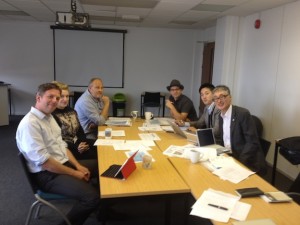

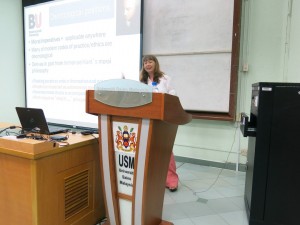
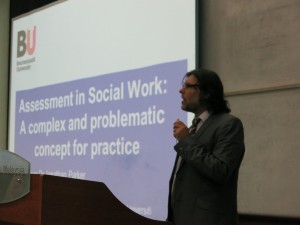
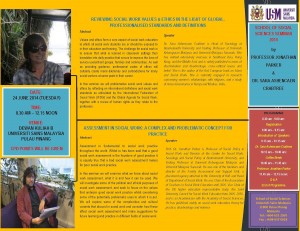
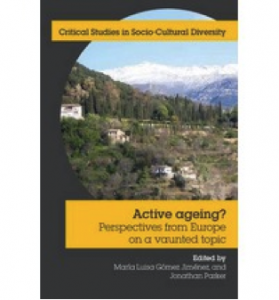




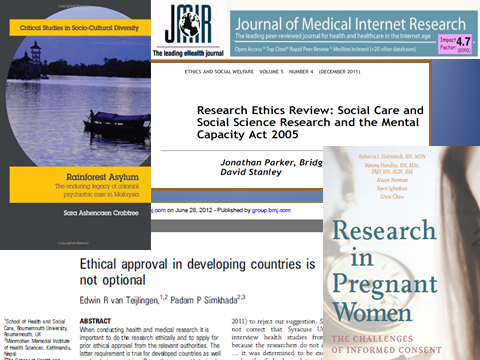










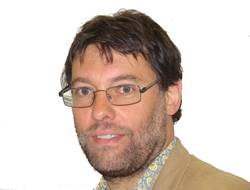

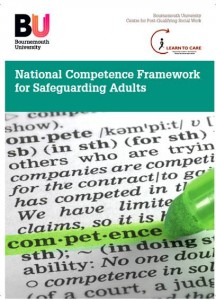
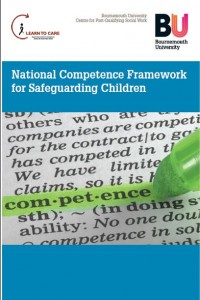



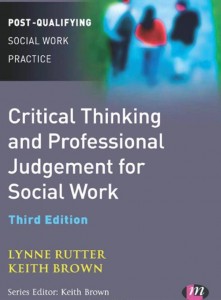
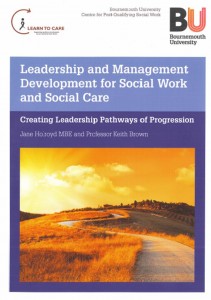
 Congratulations to BU’s
Congratulations to BU’s 










 Beyond Academia: Exploring Career Options for Early Career Researchers – Online Workshop
Beyond Academia: Exploring Career Options for Early Career Researchers – Online Workshop UKCGE Recognised Research Supervision Programme: Deadline Approaching
UKCGE Recognised Research Supervision Programme: Deadline Approaching SPROUT: From Sustainable Research to Sustainable Research Lives
SPROUT: From Sustainable Research to Sustainable Research Lives BRIAN upgrade and new look
BRIAN upgrade and new look Seeing the fruits of your labour in Bangladesh
Seeing the fruits of your labour in Bangladesh ECR Funding Open Call: Research Culture & Community Grant – Apply now
ECR Funding Open Call: Research Culture & Community Grant – Apply now ECR Funding Open Call: Research Culture & Community Grant – Application Deadline Friday 12 December
ECR Funding Open Call: Research Culture & Community Grant – Application Deadline Friday 12 December MSCA Postdoctoral Fellowships 2025 Call
MSCA Postdoctoral Fellowships 2025 Call ERC Advanced Grant 2025 Webinar
ERC Advanced Grant 2025 Webinar Update on UKRO services
Update on UKRO services European research project exploring use of ‘virtual twins’ to better manage metabolic associated fatty liver disease
European research project exploring use of ‘virtual twins’ to better manage metabolic associated fatty liver disease